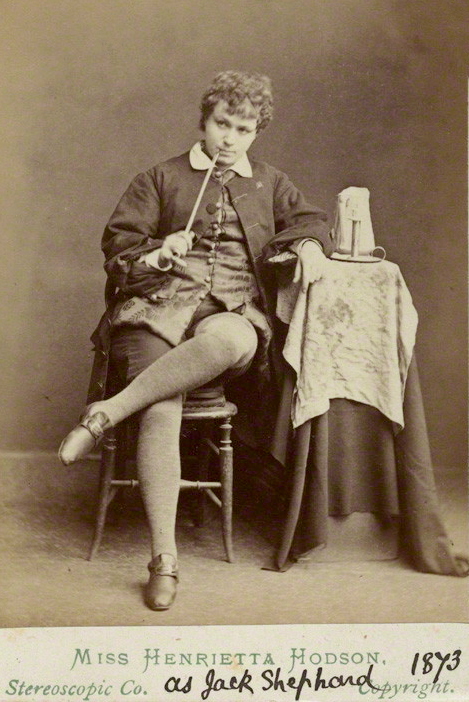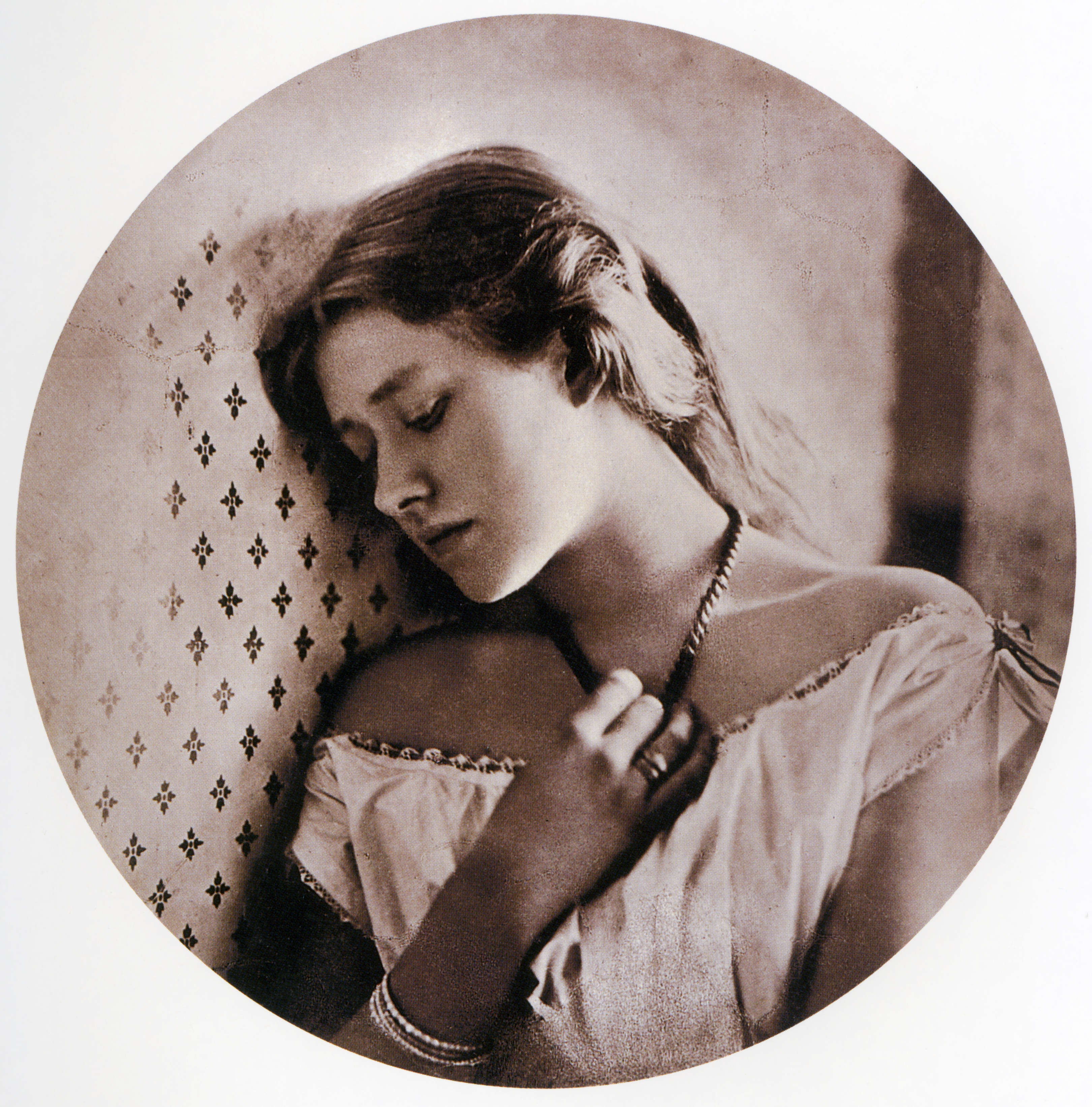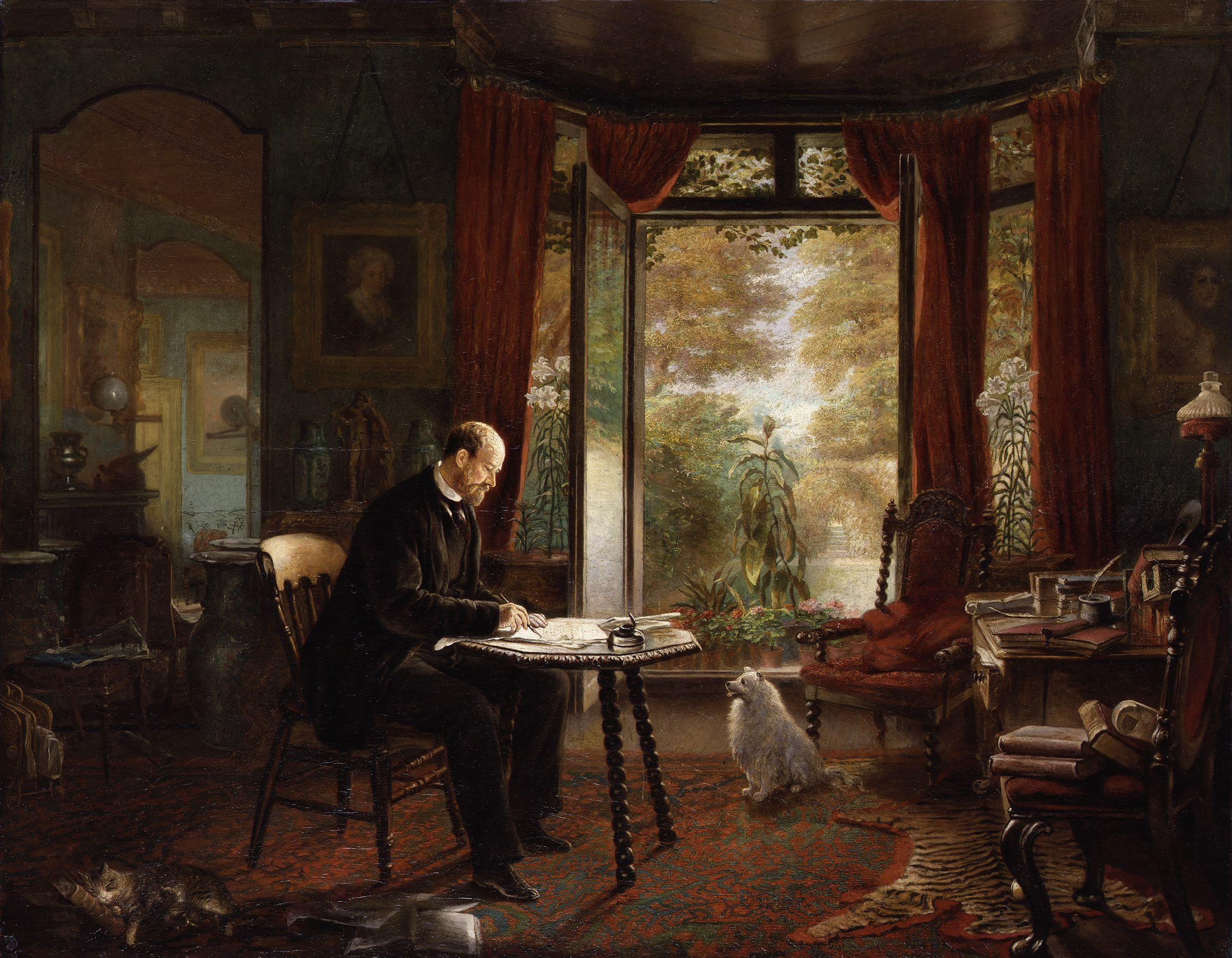|
Henrietta Hodson
Henrietta Hodson (26 March 1841 – 30 October 1910) was an English actress and theatre manager best known for her portrayal of comedy roles in the Victorian era. She had a long affair with the journalist-turned-politician Henry Labouchère, later marrying him. Biography Hodson was born at Upper Marsh in St Mary's parish, Westminster, London. She was the eldest daughter of George Alfred Hodson (1822–1869), an Irish-born comedian, singer and innkeeper, and Henrietta Elizabeth Noel, an actress and singer. Her two sisters, Kate (later Mrs Charles Henry Fenton, but known on stage as Kate Gordon) and Sylvia (Mrs J. Stripling Blythe), were also actresses. Hodson's cousin was the theatre producer George Musgrove. Early career Hodson made her first professional stage appearance at the Theatre Royal, Glasgow, in 1858. In 1860, she and Henry Irving worked together in Manchester in ''The Spy, or, A Government Appointment''. She joined J. H. Chute's Bath and Bristol companies in 186 ... [...More Info...] [...Related Items...] OR: [Wikipedia] [Google] [Baidu] |
Henrietta Hodson 1873
Henrietta may refer to: * Henrietta (given name), a feminine given name, derived from the male name Henry Places * Henrietta Island in the Arctic Ocean * Henrietta, Mauritius * Henrietta, Tasmania, a locality in Australia United States * Henrietta, Missouri * Henrietta, Johnson County, Missouri * Henrietta, New York * Henrietta, Ohio * Henrietta, Pennsylvania * Henrietta, Texas * Henrietta, West Virginia * Henrietta, Wisconsin, a county subdivision ** Henrietta (ghost town), Wisconsin, a ghost town * Henrietta Township (other), Henrietta Township: ** Henrietta Township, Michigan ** Henrietta Township, Hubbard County, Minnesota ** Henrietta Township, Lorain County, Ohio ** Henrietta Township, LaMoure County, North Dakota Fictional characters * Henrietta de Tristain a fictional character from the Japanese light novel/anime ''List of The Familiar of Zero characters#Tristain, Zero no Tsukaima'' * Henrietta the coach, a fictional character of ''The Railway Series'' * Henri ... [...More Info...] [...Related Items...] OR: [Wikipedia] [Google] [Baidu] |
Bristol
Bristol () is a city, ceremonial county and unitary authority in England. Situated on the River Avon, it is bordered by the ceremonial counties of Gloucestershire to the north and Somerset to the south. Bristol is the most populous city in South West England. The wider Bristol Built-up Area is the eleventh most populous urban area in the United Kingdom. Iron Age hillforts and Roman villas were built near the confluence of the rivers Frome and Avon. Around the beginning of the 11th century, the settlement was known as (Old English: 'the place at the bridge'). Bristol received a royal charter in 1155 and was historically divided between Gloucestershire and Somerset until 1373 when it became a county corporate. From the 13th to the 18th century, Bristol was among the top three English cities, after London, in tax receipts. A major port, Bristol was a starting place for early voyages of exploration to the New World. On a ship out of Bristol in 1497, John Cabot, a Venetia ... [...More Info...] [...Related Items...] OR: [Wikipedia] [Google] [Baidu] |
Ariel (Shakespeare)
Ariel is a spirit who appears in William Shakespeare's play '' The Tempest''. Ariel is bound to serve the magician Prospero, who rescued him from the tree in which he was imprisoned by Sycorax, the witch who previously inhabited the island. Prospero greets disobedience with a reminder that he saved Ariel from Sycorax's spell, and with promises to grant Ariel his freedom. Ariel is Prospero's eyes and ears throughout the play, using his magical abilities to cause the tempest in Act One which gives the play its name, and to foil other characters' plots to bring down their master. Ariel means "Lion of God" in the Hebrew language. Ariel may also be a simple play on the word "aerial". Scholars have compared Ariel to spirits depicted in other Elizabethan plays, and have managed to find several similarities between them, but one thing which makes Ariel unique is the human edge and personality given to Ariel by Shakespeare. The name is also phonetically similar to the word "areal", m ... [...More Info...] [...Related Items...] OR: [Wikipedia] [Google] [Baidu] |
Royalty Theatre
The Royalty Theatre was a small London theatre situated at 73 Dean Street, Soho. Established by the actress Frances Maria Kelly in 1840, it opened as Miss Kelly's Theatre and Dramatic School and finally closed to the public in 1938.Royalty Theatre at the Arthur Lloyd site accessed 23 March 2007 The architect was . The theatre's opening was ill-fated, and it was little used for a decade. It changed its name twice and was used by an opera company, amateur drama companies and for French pieces. In 1861, it was renamed the New Royalty Theatre, and the next year it was leased by Mrs Charles Selby, who enlarged it from 20 ... [...More Info...] [...Related Items...] OR: [Wikipedia] [Google] [Baidu] |
Tom Taylor
Tom Taylor (19 October 1817 – 12 July 1880) was an English dramatist, critic, biographer, public servant, and editor of ''Punch'' magazine. Taylor had a brief academic career, holding the professorship of English literature and language at University College, London in the 1840s, after which he practised law and became a civil servant. At the same time he became a journalist, most prominently as a contributor to, and eventually editor of ''Punch''. In addition to these vocations, Taylor began a theatre career and became best known as a playwright, with up to 100 plays staged during his career. Many were adaptations of French plays, but these and his original works cover a range from farce to melodrama. Most fell into neglect after Taylor's death, but ''Our American Cousin'' (1858), which achieved great success in the 19th century, remains famous as the piece that was being performed in the presence of Abraham Lincoln when he was assassinated in 1865. Life and career Earl ... [...More Info...] [...Related Items...] OR: [Wikipedia] [Google] [Baidu] |
Robert Reece
Robert Reece (2 May 1838 – 8 July 1891) was a British comic playwright and librettist active in the Victorian era. He wrote many successful musical burlesques, comic operas, farces and adaptations from the French, including the English-language adaptation of the operetta ''Les cloches de Corneville'', which became the longest-running piece of musical theatre in history up to that time. He sometimes collaborated with Henry Brougham Farnie or others. Early life and career Reece was born in the island of Barbados, West Indies. His father, Robert Reece (1808–1874), was a barrister of the Inner Temple. Reece matriculated from Balliol College, Oxford in 1857 and received his B.A. in 1860 and his M.A. in 1864. He was admitted a student at the Inner Temple in 1860 but was not called to the bar. For a short time he was a medical student. Between 1861 and 1863, he was an extra clerk in the office of the ecclesiastical commissioners, and from 1864 to 1868 an extra temporary clerk ... [...More Info...] [...Related Items...] OR: [Wikipedia] [Google] [Baidu] |
La Vivandière (Gilbert)
''La Vivandière; or, True to the Corps!'' is a burlesque by W. S. Gilbert, described by the author as "An Operatic Extravaganza Founded on Donizetti's opera, '' La figlia del regimento''." In the French or other continental armies a vivandière was a woman who supplied food and drink to troops in the field. The piece was first produced at St. James's Hall, Liverpool, on 15 June 1867. It was then presented in London, with a mostly new cast, at the Queen's Theatre, Long Acre, opening on 22 January 1868. It was part of a series of operatic burlesques and other broad comic pieces that Gilbert wrote in the late 1860s near the beginning of his playwriting career. It was modestly successful and introduced some themes and satiric techniques that Gilbert would later employ in his famous Savoy operas. Background and analysis Gilbert's first operatic burlesque, ''Dulcamara, or the Little Duck and the Great Quack'', had been successful enough to encourage him to write another. It had ru ... [...More Info...] [...Related Items...] OR: [Wikipedia] [Google] [Baidu] |
Extravaganza
An extravaganza is a literary or musical work (often musical theatre) usually containing elements of burlesque, pantomime, music hall and parody in a spectacular production and characterized by freedom of style and structure. It sometimes also has elements of cabaret, circus, revue, variety, vaudeville and mime. ''Extravaganza'' may more broadly refer to an elaborate, spectacular, and expensive theatrical production. 19th-century British dramatist, James Planché, was known for his extravaganzas. Planché defined the genre as "the whimsical treatment of a poetical subject."Planché. ''The recollections and reflections of J.R. Planché (Somerset herald): a professional biography'' (1872), Vol. II, p. 43 The term is derived from the Italian word ''stravaganza'', meaning extravagance. See also *Spectacle *Victorian burlesque Victorian burlesque, sometimes known as travesty or extravaganza, is a genre of theatrical entertainment that was popular in Victorian era, Victorian Eng ... [...More Info...] [...Related Items...] OR: [Wikipedia] [Google] [Baidu] |
Charles Reade
Charles Reade (8 June 1814 – 11 April 1884) was a British novelist and dramatist, best known for '' The Cloister and the Hearth''. Life Charles Reade was born at Ipsden, Oxfordshire, to John Reade and Anne Marie Scott-Waring, and had at least four brothers. He studied at Magdalen College, Oxford, taking his B.A. in 1835, and became a fellow of his college. He was subsequently dean of arts and vice-president, taking his degree of D.C.L. in 1847. His name was entered at Lincoln's Inn in 1836; he was elected Vinerian Fellow in 1842, and was called to the bar in 1843.Edwards, P.D. "Charles Reade." ''Oxford Dictionary of National Biography.'' He kept his fellowship at Magdalen all his life but, after taking his degree, he spent most of his time in London. William Winwood Reade, the influential historian, was his nephew. Writings Reade began his literary career as a dramatist, and he chose to have "dramatist" stand first in the list of his occupations on his tombstone. As an auth ... [...More Info...] [...Related Items...] OR: [Wikipedia] [Google] [Baidu] |
Queen's Theatre, Long Acre
The Queen's Theatre in London was established in 1867 as a theatre on the site of St Martin's Hall, a large concert room that had opened in 1850. It stood on the corner of Long Acre (formerly Charles Street) and Endell Street, with entrances in Wilson Street and Long Acre. The site is within the modern Camden, part of Covent Garden.Walter Thornbury ''Old and New London: A Narrative of its History, its People and its Places. Illustrated with Numerous Engravings from the Most Authentic Sources.: Volume 3'' accessed 1 April 2008 St Martin's Hall contained a 3,000-seat main hall and a 500-seat lecture hall. It was used for musica ... [...More Info...] [...Related Items...] OR: [Wikipedia] [Google] [Baidu] |
Lionel Brough
Lionel "Lal" Brough (10 March 1836 – 8 November 1909) was a British actor and comedian. After beginning a journalistic career and performing as an amateur, he became a professional actor, performing mostly in Liverpool during the mid-1860s. He established his career in London as a member of the company at the new Queen's Theatre, Long Acre, in 1867, and he soon became known for his roles in Shakespeare, contemporary comedies, and classics, especially as Tony Lumpkin in ''She Stoops to Conquer''. In the 1870s and 1880s, Brough was one of the leading comic actors in London. Although untrained musically, he also appeared in several successful operettas in the 1880s and 1890s. He continued to contribute popular performances into the 20th century and ended his career in comedy roles with Herbert Beerbohm Tree's company. Biography Early years Brough was born in Pontypool, Wales, the son of Barnabas Brough, a brewer, publican, wine merchant and later dramatist, and his wife Franc ... [...More Info...] [...Related Items...] OR: [Wikipedia] [Google] [Baidu] |




_-_BL.jpg)



